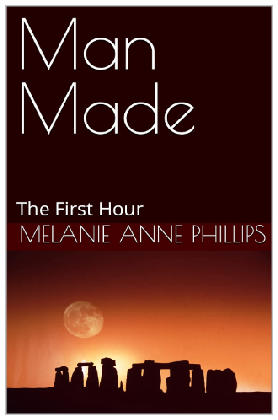
Read the Science Fiction Thriller
From the founder of Storymind
Man Made follows a mysterious force as it sweeps around the globe erasing anything man made - from buildings, vehicles, and technology to medicines, clothing, and dental work.
Governments stagger under the panic, religions are at a loss for an explanation, scientists strive for any means to stop or divert the phenomenon, and the world’s population from families to individuals struggle to prepare for The Event, which will drive humanity back beyond the stone age.
The Event is coming.
Are you prepared?

Story Outcome
Success or Failure?

There are twelve structural questions that have such great impact on the direction and meaning of a story that answering them is essential, either before you write or absolutely before you lock off your final revision.
Success or failure is solely determined by whether or not the story goal is achieved, regardless of how your characters feel about it. If you want the Goal to be reached in your story, choose Success. If you want a story in which your characters do not reach the Goal, then choose Failure.
Although it can be tempered by degree, Success or Failure is easily determined by seeing if the characters (in general) have achieved what they set out to achieve at the beginning of the story.
Certainly, the characters may learn they really don't want what they thought they did and choose not to pursue it any longer. Even though they have grown, this is considered a failure because they did not accomplish their original intention. Similarly, they may actually achieve what they wanted, and even though they find it unfulfilling or unsatisfying, it must be said they succeeded. The point here is not to pass a value judgment on the worth of their success or failure. It is simply to determine whether or not they achieved their original objective.



